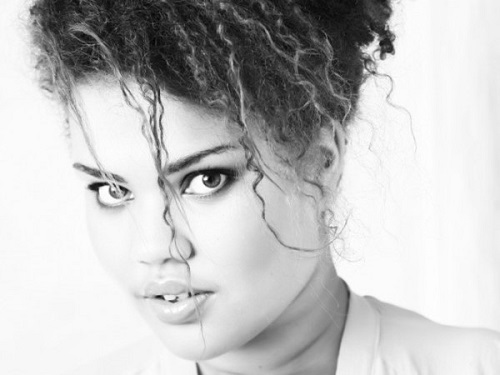 United Kingdom Varèse, Boulez, Feldman, Berio, and Davies: Simone Ibbett-Brown (mezzo-soprano), Michael Cox (flute), Paul Silverthorne (viola), London Sinfonietta / Gerry Cornelius (conductor). Hall Two, Kings Place, London, 18.5.2022. (MB)
United Kingdom Varèse, Boulez, Feldman, Berio, and Davies: Simone Ibbett-Brown (mezzo-soprano), Michael Cox (flute), Paul Silverthorne (viola), London Sinfonietta / Gerry Cornelius (conductor). Hall Two, Kings Place, London, 18.5.2022. (MB)

Varèse – Density 21.5
Boulez – Dérive 1
Morton Feldman – The Viola in My Life 3
Berio – O Kin
Tansy Davies – grind show (unplugged)
The London Sinfonietta’s Couch to Concert programme is intended for ‘newcomers … an exercise programme for the ears that will help you work towards attending a concert of contemporary classical music, and arm yourself with the tools to listen to (and even enjoy!) this genre’. I confess that I have yet to listen to the podcasts, but what an excellent idea. There certainly seemed to be a reasonable turnout in Hall Two of Kings Place; let us hope that some at least of the audience was there for the first time as a result.
Varèse’s Density 21.5, here performed by Michael Cox, has humanity’s oldest instrument become its newest. Cox offered detail without pedantry, a masterclass in notes becoming music. Variations in vibrato, attack, dynamics, as well as telling phrasing all contributed to overall shape and direction, in a vividly communicative performance that would surely have had many wonder why this music might ever have been considered ‘difficult’. Boulez’s Dérive 1 followed, that opening, generative figure pregnant with potential. Its febrile clarity, married to post-Debussyan languor created and constructed balance and direction before our ears. Endlessly transforming, both free and determined, this was a fine introduction to the Boulezian labyrinth.
Morton Feldman offered an instructive contrast, with the third of his The Viola in My Life pieces, this for viola (Paul Silverthorne) and piano (Elizabeth Burley). Its introverted intensity put me in mind almost of a passive-aggressive Messiaen (!) More fundamentally, though, its undeniable minimalism emerged as a real aesthetic, not the populist tag of contemporary centrist dads who merely like the sound music makes. Like what had gone, as well as what was to come, it had one listen.
Berio’s O King was the only piece to open the human voice: older still than the flute, of course. It is difficult, probably impossible, to imagine humanity without it. Mezzo Simone Ibbett-Brown proved utterly in control of her instrument, if we may call it that, dazzlingly so when dovetailing with other members of the ensemble. Differences were revealed too, as they were between other players, ultimately revealed as penumbra to her lament for Dr King. Last up was Tansy Davies’s grind show (unplugged), to my ears more clearly post-Stravinskian than anything else we had heard. Rhythmically insistent, even obstinate, its status as dance music was abundantly clear in this London Sinfonietta performance. Something for everyone, then, which I suspect was a good part of the point.
Mark Berry